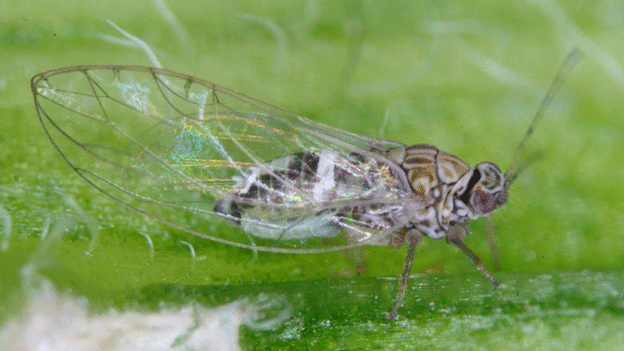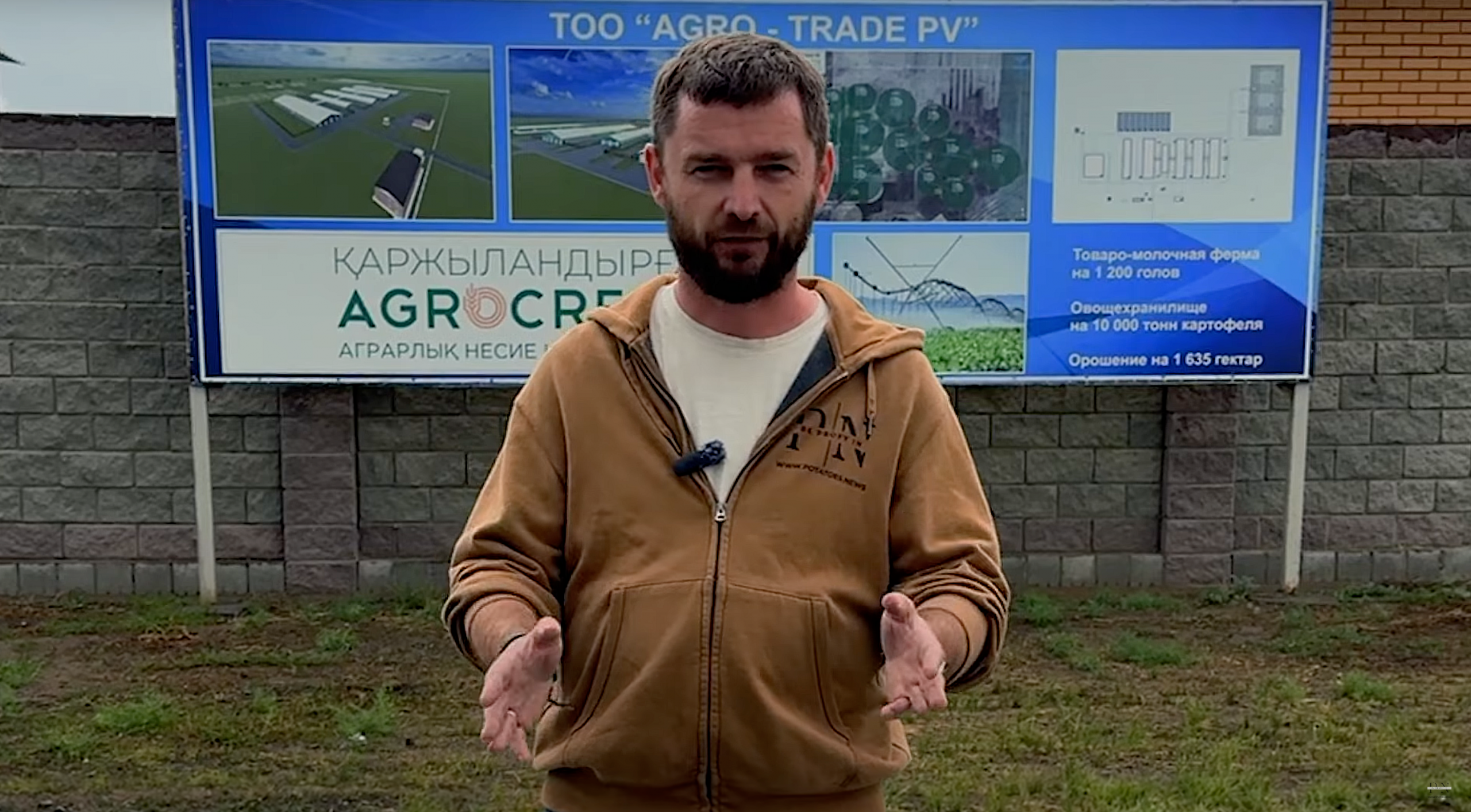As the monitoring season for potato psyllids in Idaho begins, early data indicate a potentially higher risk of zebra chip disease (ZC) this year. Farmers and agricultural professionals must stay vigilant and updated on the latest findings to protect their crops effectively.
The University of Idaho, in collaboration with local crop consultants, has initiated a comprehensive monitoring program across southern Idaho to track potato psyllids and the bacterium associated with ZC, liberibacter (Lso). Funded by the Idaho Potato Commission and supported by various stakeholders, this effort covers 58 fields with four sticky traps each, deployed for at least 10 weeks.
Monitoring Insights and Early Findings
This week, traps from all 58 fields revealed 53 psyllids across 19 fields, a higher capture rate compared to the same period in the past two years. Notably, Twin Falls County reported the highest concentration with 43 psyllids, highlighting the Magic Valley as an unexpected hotspot. Typically, higher captures are observed in the Treasure Valley first, making this year’s pattern unusual.
Additionally, one psyllid from the Kimberly Research & Extension Center tested positive for Lso. Results on Lso incidence in the psyllids captured this week are expected next week, which will further inform the risk assessment.
Implications for Potato Growers
The higher-than-usual psyllid captures, especially early in the season, suggest an increased risk of ZC. Continuous monitoring and timely data are crucial for managing this threat. Growers should:
- Stay Informed: Regular updates from the University of Idaho and other sources are essential for making informed decisions.
- Implement Preventive Measures: Utilize recommended pesticides and integrate pest management strategies to control psyllid populations.
- Monitor Fields Closely: Frequent field inspections and the use of traps can help detect psyllid presence early and reduce the risk of widespread infestation.
- Collaborate and Share Data: Engage with local agricultural extensions and fellow farmers to share insights and strategies for managing psyllid threats.
The early signs of a higher psyllid presence in Idaho’s potato fields underscore the need for heightened vigilance and proactive management strategies. By staying informed and adopting integrated pest management practices, growers can mitigate the risks posed by these pests and protect their crops from zebra chip disease.







